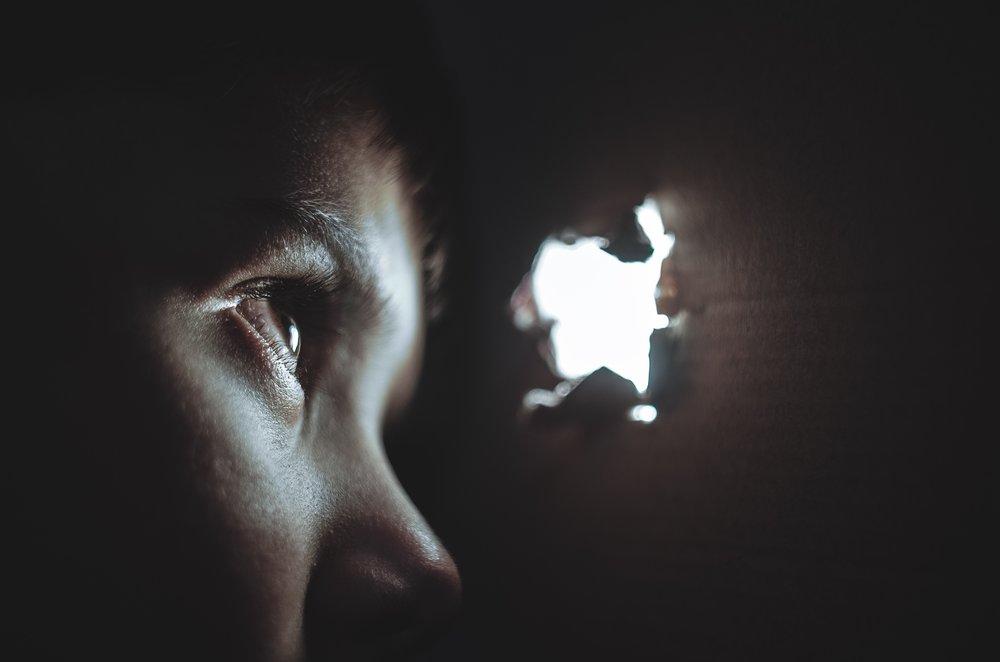
Last week I wrote an article in our blog that detailed the stages of the withdrawal process from alcohol. The response was so great to that piece that I thought I would add another similar article on the the stages of withdrawal from heroin. Heroin (and other opiate) addiction is currently an epidemic of unprecedented proportions. As of the end of 2016 over 115 people a day were dying because of overdose of some opioid. This makes overdose from opioids and heroin the 11th leading cause of death in the United States. As shocking as this number is it does not include all those who take their own life because of their addiction. Nor does it include all those who die in accidents or any other cause of death related to addiction. If we were to include these in the figures heroin and opioid addiction would sit comfortably in the top 10 causes of death in this country, perhaps even the top 5. Let that sink in for a moment.
Legislation Doesn’t Favor Treatment

Currently, our lawmakers, who have declared this a national health emergency have dedicated most of their resources to law enforcement not treatment as a means to combat this health emergency. I am not taking a political position here, merely I am pointing out that whatever positive impact increased law enforcement may have on combating new individuals from becoming involved with heroin and other opiates it will do little to help the approximately 2.5 million Americans currently suffering with opiate addiction. As a result we as individuals, members of our communities, and the treatment industry must pick up the slack to combat this rising tide of death and human suffering.

For those suffering from opiate addiction the fear of withdrawal is one of the primary factors that keeps them using (I know it was for me). If you or a loved one is suffering please read on, it is my hope that this article can provide you some comfort and may encourage you to seek help in recreating your life free from opiates. Also please know that help is available if you are ready to make a change.
The good news first. While withdrawal from heroin and other opiates may be painful and unpleasant, it is rarely if ever dangerous. For our purpose today I will split the withdrawal process into three stages. In each I will discuss the symptoms one may expect to experience and approximately how long they should last. That being said, the truth is each individual is different. Your individual experience of withdrawal will largely be determined by how long you have been using, and how much you have been using. Within this though there is still variability. Some individuals appear to experience withdrawal less acutely than others. Whatever your experience may end up being it is always wise to undertake this process under the supervision of medical professionals. If you are considering getting clean please consult a professional.
The longer you have been using the more challenging the withdrawal process will be, the best day to quit is today!
What Are The Stages Of Withdrawal?
Stage 1
The first stage of the withdrawal process will start approximately six to twelve hours after last consuming an opioid, and for sure within the first twenty-four hours. This phase of withdrawal is often painful and uncomfortable. It is characterized by symptoms such as:
- Nausea
- Irritability
- Headaches
- Insomnia
- Muscle cramps
- Mood swings
It is important to remember that these symptoms are only temporary. This is the period of withdrawal during which the symptoms are the most acute. The risk of relapse is, from our experience, the highest during the first three days of withdrawal. The good news, Stage 1 typically only lasts two or three days, and as it passes so do many of the more severe symptoms.
Stage 2
Stage two of the withdrawal process usually begins around the third day from last use and typically lasts for two to three days. At this point in the process many if not all of the most uncomfortable symptoms will have passed. The individual going through detox may still experience the following symptoms:
- Fatigue
- Loss of appetite
- Minor muscle cramping
- Mood disturbances
- Some stomach upset
Exactly how long these symptoms persist is individual, but with each passing day they will get better.
Stage 3
This stage of the process typically begins from 5-10 days after last ingesting an opioid. On a moment to moment basis it is the least painful but it is the most important. By this point one is no longer physically dependent on the substance. The symptoms that one may experience are:
- Depression
- Aggression
- A sense of detachment
- A re emergence of co occurring disorders
- A sense of loss

When we are finally free from the physical dependence to an opiate we begin to experience what drove us to use in the first place. For some this was underlying mental or behavioral health challenges, for some traumatic experience, and for others we just didn’t feel right in our own skin. If we do not address the causes of our addiction we are almost without exception going to repeat it. I urge all who read this to not attempt to undertake this process alone. There are many professionals who are trained to be able to help, there are countless 12-step fellowships that can be of assistance. The key is to find someone who can help you to address the underlying causes. Do this and you will be able to transform your life.

The above is not meant to be a comprehensive picture of what withdrawal will look like. It is an individual experience, and the description of what it will look like for each individual lies outside the scope of this article. I have merely tried to sketch a rough outline, and it is my hope encourage some who are suffering from opiate or heroin addiction to take the first step toward transformation. The best day to begin this process is today. Please don’t delay.
If you or someone you love is suffering from opiate or heroin addiction please contact us we are happy to help in any way possible.
Until next time.
Your friend in service,
Rob Campbell
VP of Communications & Market Development



